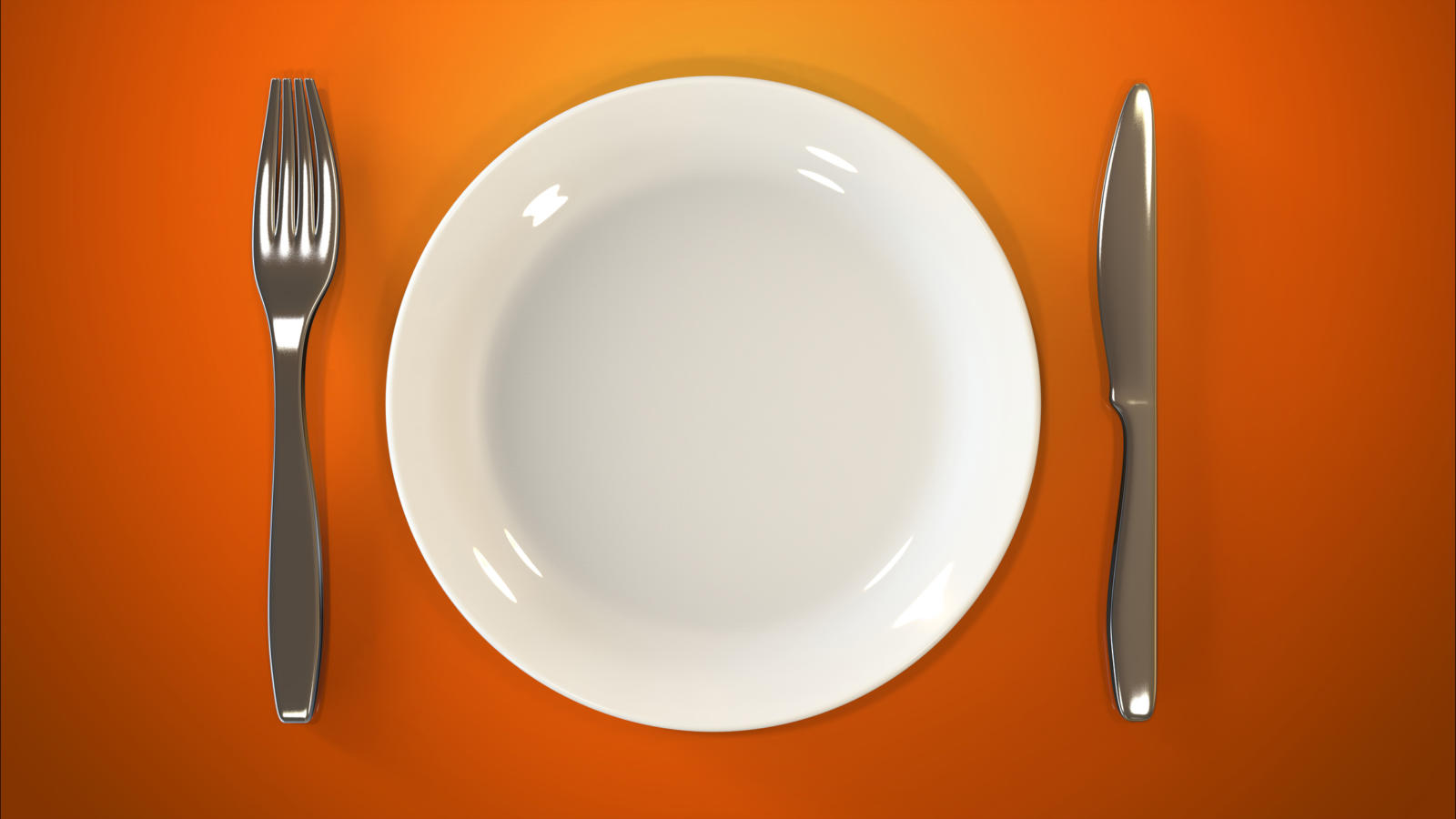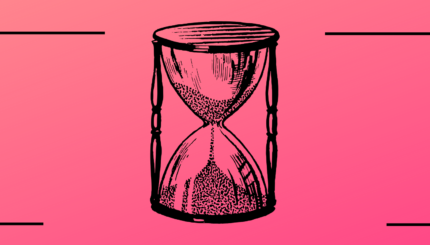The Jewish High Holy Days are an opportunity to reflect on the previous year, connect with family and friends, and decide what we want to write in our book of life for the coming year. Like most Jewish holidays, there is a focus on food – we stuff ourselves in celebration of the new year, and then restrict ourselves on Yom Kippur, the Day of Repentance, which traditionally includes fasting for 25 hours.
Some families have what feel like neverending holiday buffets, or pass heaps of food around the table, with the expectation that you clean your plate (“Do you think your ancestors survived the Holocaust so you could throw that kugel in the trash?”). On top of the traditional glut of deli trays, once you are considered a Jewish adult at 13, you are expected to fast on Yom Kippur. Depending on your family dynamic, you may be teased for fasting or judged for not fasting successfully. Older family members say things like, “You’re so skinny – EAT SOMETHING!” or “Do you really need ANOTHER bagel with that figure?” and pinch your cheeks/ribs/that skin behind your armpit while commenting on your body. (Is there a name for that armpit skin? And why do so many people in that grandparent generation love to pinch?!)
While the holidays are meant to be a period of joy and reflection, they may also present an unseen and dangerous minefield of emotional challenges for Jews who have an eating disorder or are in recovery.
Why do we fast on Yom Kippur?
The simplest answer is “The Torah says so.” But…not in those exact words. “On the tenth day of the same seventh month, you shall observe a sacred occasion when you shall practice self-denial” (Numbers 29:7). “It is a complete day of rest for you, and you shall afflict yourselves.” (Leviticus 23:32). Traditionally, affliction and self-denial have been interpreted as fasting and denying ourselves most of the world’s pleasures including food and drink.
Some people think that fasting is a reminder that we can be in control of our bodies and wants. If we can practice self-control and abstain from food for a day, then maybe we can also keep from doing things that harm ourselves or others – lying to family, speaking disrespectfully when road rage flares, acting vain in our selfies. The list goes on, and you can hear it at synagogue on Yom Kippur in the Al Chet confessional prayer.
Others think that fasting can enhance spirituality, and intensify one’s focus on prayer and repentance. Hunger makes us present in our own bodies and our grumbling stomachs serve as a reminder that we should be reflecting and repenting for our misdeeds.
Why might it be a bad idea for some people to fast?
Many Jews consult with their doctors and rabbis if they think they may not be able to fast.
Traditional Jews frequently seek rabbinic permission to abstain from fasting on Yom Kippur, even if their doctor has recommended that they eat and drink. Typically, children under 13 years old, pregnant people, people with diabetes or other conditions that are affected by food and blood sugar, people who require medications that cannot be taken without food, and people who have an eating disorder or disordered eating are instructed not to fast for Yom Kippur by doctors and clergy.
Having a day focused on fasting and food can bring on triggering feelings for people who are recovering from eating disorders – feelings like shame, anxiety, lack of control, and dread around large meals or restricting what we eat. Low blood sugar can result in physical reactions that feel like panic attacks – sweating, shaking, feeling faint or a racing heart. We know that there are rising rates of eating disorders in the Jewish community, which means more and more people are sitting in synagogue on Rosh Hashanah, nervous about what to do on Yom Kippur.
Alternatives to Fasting
The good news is, there are reflective, healthy ways to observe Yom Kippur that almost anyone can do. Here are a few suggestions if fasting isn’t right for you:
- Try this Meditation Before Yom Kippur For One Who Cannot Fast that blesses caregivers, health care providers, and eating because it is the best health choice for you.
- Explore this ritual rooted in kavannah, or intention, for those who need to eat on Yom Kippur. It makes each time you eat a meaningful ritual.
- Refrain from some of the other things traditionally restricted on Yom Kippur – like showering, using lotions and perfumes, having sex, or wearing leather shoes.
- Attend services or a special study session and use the holiday to reflect and repent. If you can’t go to a service in person, there are lots of synagogues that stream their services online for folks who are homebound or who feel unsafe in a crowd.
- Plan and prepare your meals in advance, so you don’t have to overthink it on Yom Kippur. Eat simple things that focus on your healthy nutrition.
- Research the concept of pikuach nefesh and what it means to you to hold the importance of saving your life over the ritual practice of fasting.
- Explore the mitzvah of shmirat haguf and how you can guard and care for your body in the coming year.
- Make the meals you eat about family and connecting with the people who are most important to you – not what’s on your plates.
- Spend some time volunteering and beginning your year with tikkun olam – repairing the world.
Ultimately, these High Holy Days are about preparing you to be your best self in the coming year. That starts with making the best choices for your body and your mind and doing your best to love yourself as this year begins.
If you or someone you know is struggling with an eating disorder, you can call the National Eating Disorders Association Helpline at 1-800-931-2237.
tikkun olam
Pronounced: teeKOON oh-LAHM (oo as in boot), Origin: Hebrew, literally “repair of the world,” used for a range of social justice efforts.






